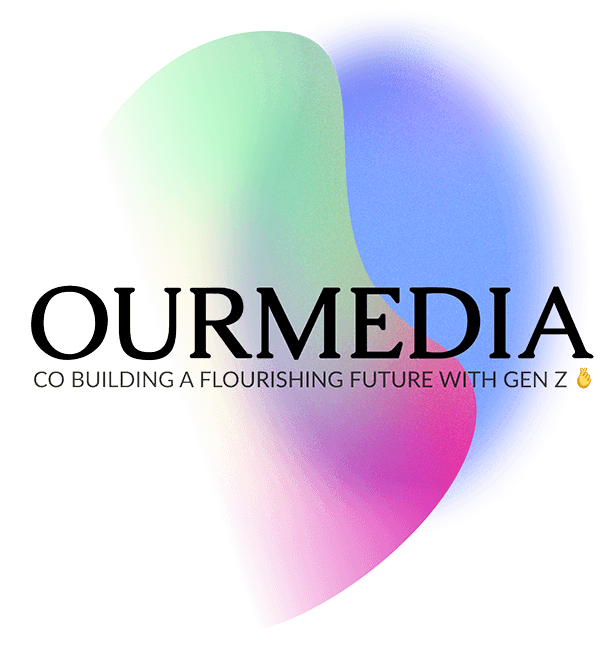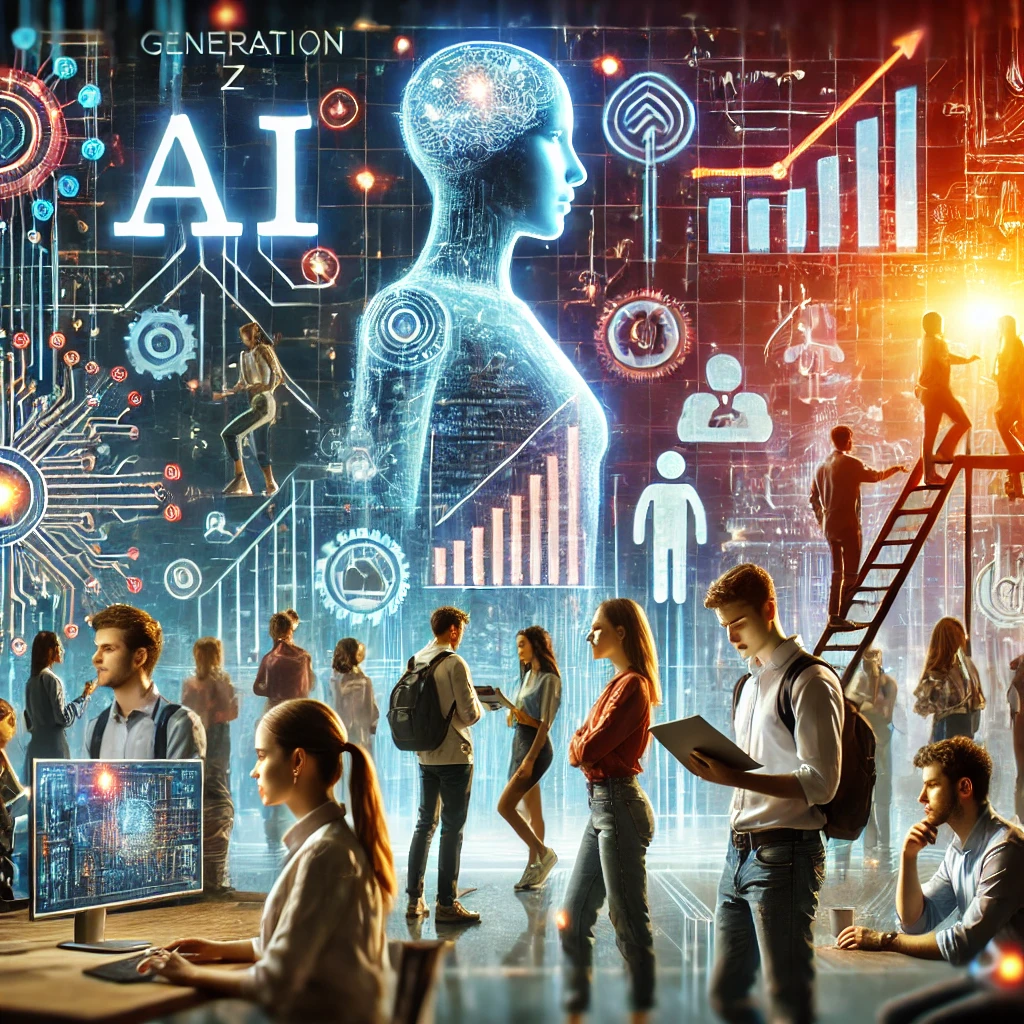As more members of Generation Z transition into their careers, new questions are emerging about the role of AI in the workplace and how Gen Z can best prepare for it.
Ourmedia partnered with IDEO to engage with a diverse group of Gen Z leaders from various backgrounds and career paths to explore their perspectives on the future of work and Artificial Intelligence. We discovered that while Gen Z sees AI as a tool with the potential to enhance their creative expression and efficiency at work, they are highly concerned about its impact on human agency and the potential displacement of workers.
These young leaders expressed fears that opportunities for entry-level and internship roles—essential stepping stones that previous generations relied on to launch their careers—could diminish as AI becomes more prevalent in the workplace. They emphasized that some of the most valuable experiences in their early careers have come from roles that allowed room for error and provided opportunities to learn from colleagues.
This concern is echoed throughout various sectors of the workforce and career development landscape. When you ask successful Boomers and Gen Xers about the key moments in their professional growth, it’s clear that finding mentors, learning to collaborate on teams, and being challenged with new tasks early in their careers were critical to their success.
However, an increasingly remote work environment, combined with AI-driven process streamlining, could disrupt these traditional opportunities. This disruption might leave the next generation fundamentally underprepared for long-term career success. It’s essential to recognize that AI-driven changes in the future of work will bring a fundamental shift in how young people learn and grow in their careers.
Employers, educational institutions, and nonprofits supporting young people in their career transitions must explore new approaches to career growth and development for young professionals. This process starts with sparking dialogue around the future of work that centers the voice of Generation Z; we must ask today’s young people what makes them excited, anxious, or uncertain about their futures, and then act accordingly to prepare them for success.

